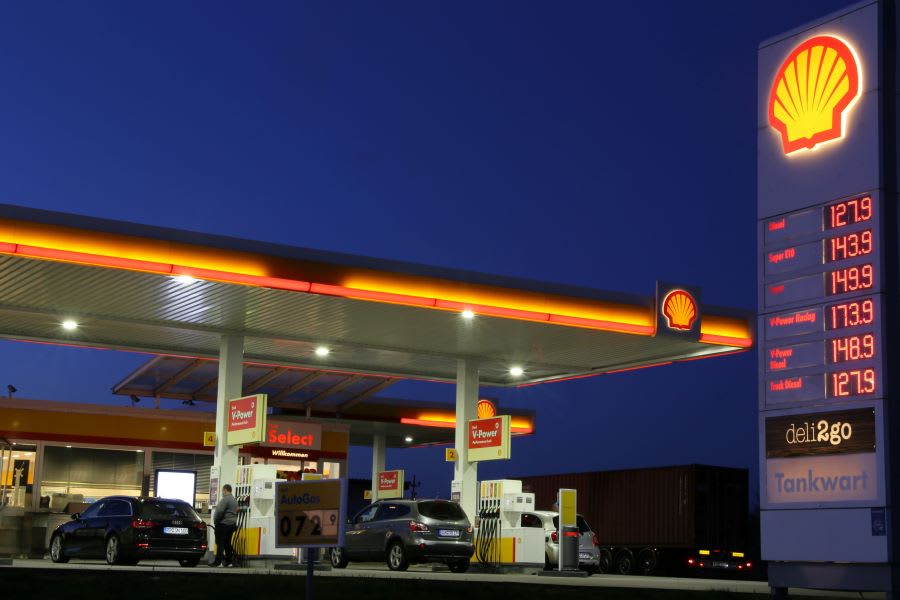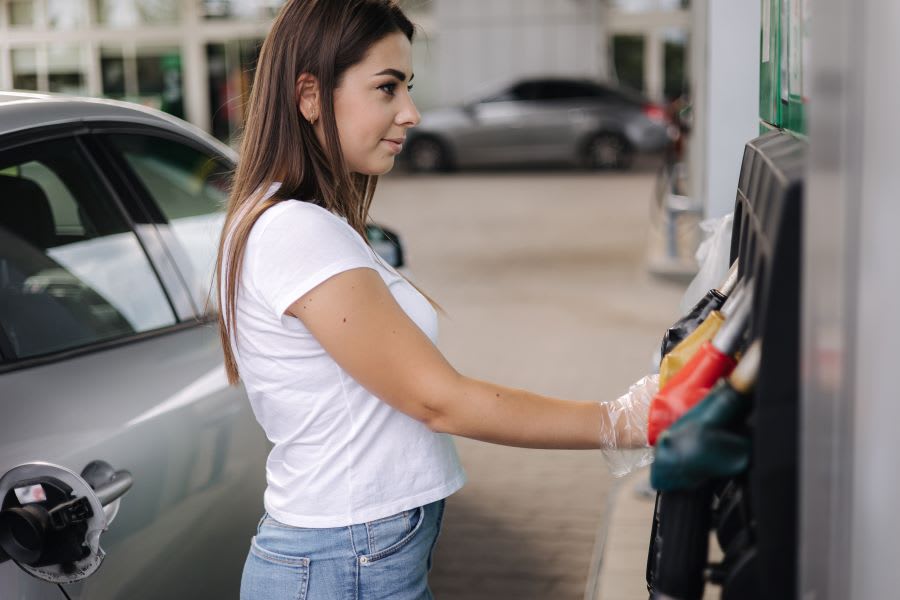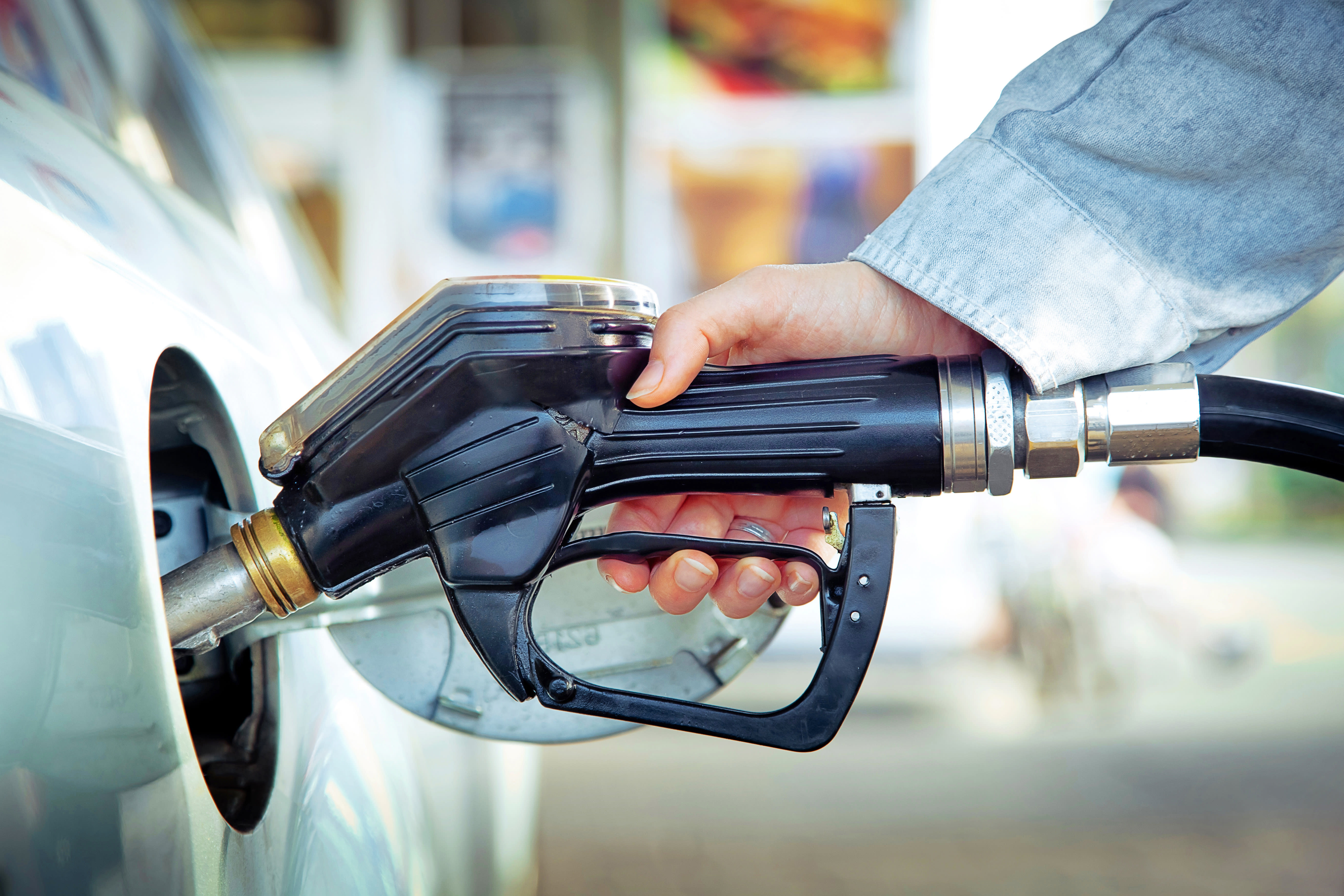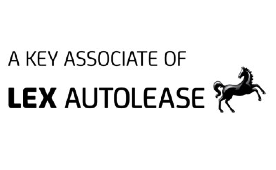BRITISH motorists are being warned to swerve the harrowing VIRUSES that lurk on petrol station fuel pumps.
The UK is currently being gripped by a veritable virus fever, as the Coronavirus panic threatens to become a pandemic while seasonal flu continues to plague the NHS.

Now experts are highlighting one of the every day - but also little known - objects that could harbour a host of nasty bugs, and that’s fuel pump handles.
Mark Tongue, of leading car leasing company Select Car Leasing, says there’s much scientific data that points to fuel pumps being potent virus carriers.
He says:
“Most of us are aware of how viruses spread - and we understand the importance of washing hands regularly while avoiding touching your face, eyes and mouth.
Many of us also know that certain household objects can be particularly prone to carrying bugs - such as mobile phones and tablets, which get handled repeatedly while cleaned infrequently.
But there are a host of other regularly-touched items that fly under the radar when it comes to virus transmission - and a key one is the fuel pump. How many of us bother to wear the protective, disposable gloves available on most forecourts when filling up? And how many of us also fill up our tanks before heading into the shop to buy a bag of crisps, a sandwich, or a pasty, before eating the snacks in our vehicles?
Habits like these leave us highly vulnerable to becoming very unwell indeed. And at this critical time, we’d urge drivers to disinfect their hands after visiting the petrol pumps and be sure not to touch your face after doing so.”

In humans, the coronavirus typically causes a respiratory infection along with mild to severe flu-like symptoms.
Patients might also experience a runny nose, headache, cough, sore throat and fever.
And if you’ve got a weakened immune system, a viral infection can quickly progress to a life-threatening lower-respiratory infection, such as pneumonia or bronchitis.
While Public Health England (PHE) maintains that the ‘risk to individuals remains low’, nine UK patients have so far been confirmed with Coronavirus and that figure is likely to increase over the coming days and weeks.
Select Car Leasing’s Mr Tongue adds: “Studies have shown that the Coronavirus can survive on surfaces, without a human host, for an average of four to five days.
“In some cases it can persist on surfaces, and remain infectious at room temperature, for up to nine days. That gives it ample opportunity to multiply and thrive on greasy, dirt-attracting substances like fuel pumps. And the same goes for pathogens that cause standard flu, which can survive on hard surfaces for around 24 hours.
“I’d urge motorists to keep a pack of disinfectant wipes in the car so you can clean your hands - and any surfaces you might have touched - immediately after you fill up. Or at the very least, be sure to wash your hands thoroughly when your journey is finished.”
It’s not the first time petrol station fuel pumps have been singled-out for their pathogen-spreading properties.

In 2011, the US personal hygiene brand Kimberly-Clark Corp swabbed hundreds of public surfaces across six major American cities.
And fuel pumps topped the list of most infectious objects, behind escalator rails, cash machine buttons and vending machines.
Dr Kelly Arehart, leader of Kimberly-Clark’s Healthy Workplace Project, said: “It comes down to the fact that nobody cleans the things that you’re going to touch on a daily basis.”
Some of the bacteria they discovered included ‘staphylococcus’, which can cause blood poisoning and skin infections, as well as ‘Bacillus’, which can cause terrible ailments like septicemia, pneumonia, meningitis.
A separate study was undertaken in 2016 by US travel website Busbud.
They found that, on average, petrol pumps boasted more than 11,000 times more germs than a household toilet.
A spokesperson for the firm added: “When we looked at bacteria levels based on colony-forming units (CFU) – the number of viable bacteria cells – on items commonly thought of as dirty, petrol pumps and buttons were the absolute filthiest."









